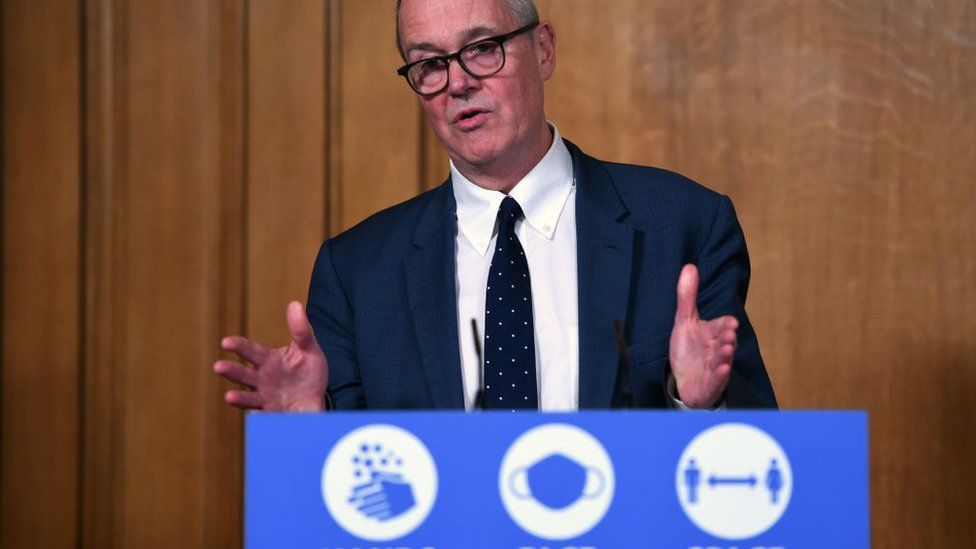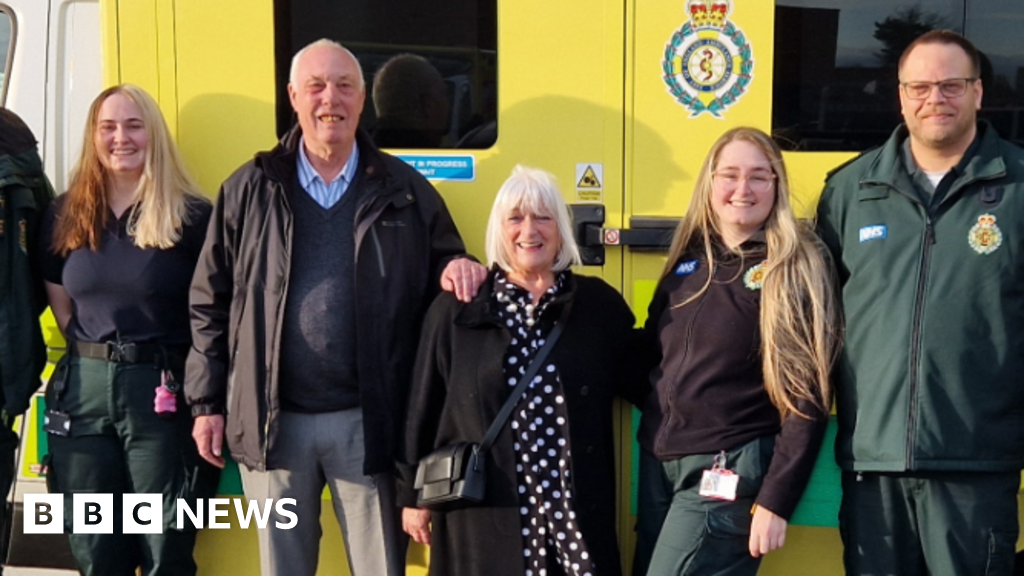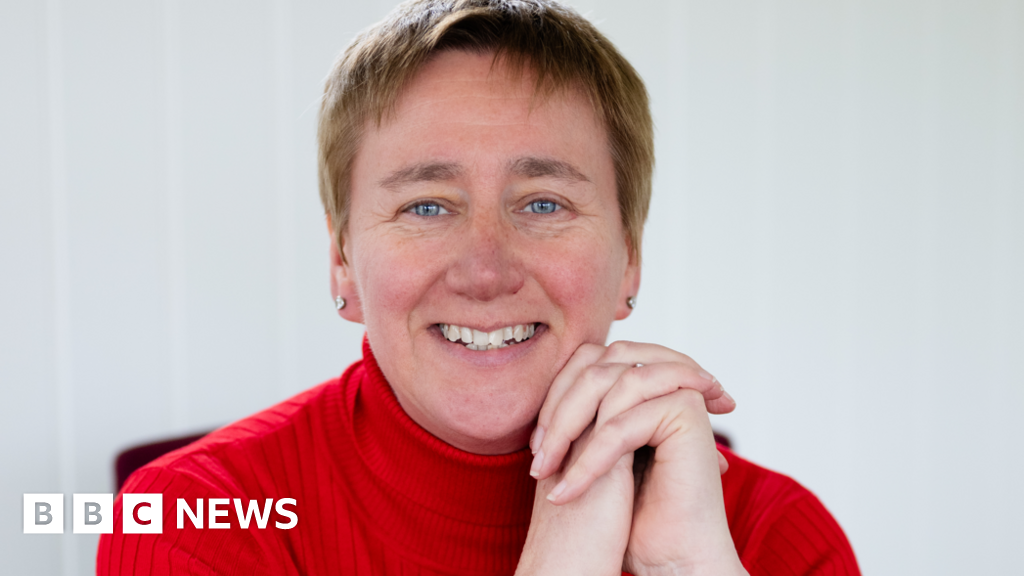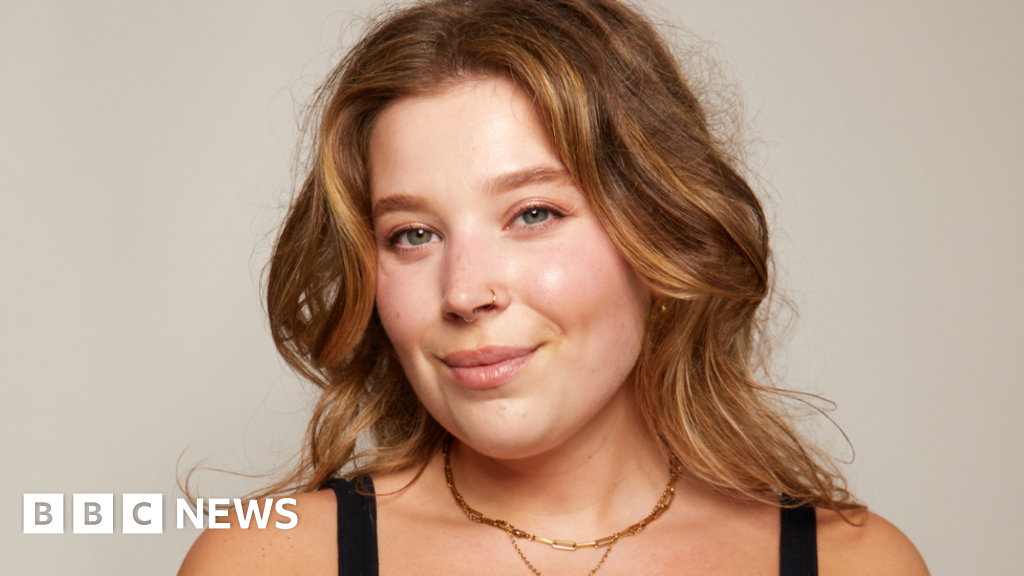 Image source, Getty Images
Image source, Getty Images
By Jim Reed
Health reporter
Lawyers for Sir Patrick Vallance have told the Covid inquiry that full pages from his diaries should not to be shown on screen during public hearings.
The government's former chief scientific adviser kept evening notes in the pandemic as part of a "brain dump" to protect his mental health.
His lawyer argued only text referred to in hearings should be released.
Eight media organisations, including the BBC, want the entries shown in context as part of a full diary page.
Their joint submission, which is backed by groups representing bereaved families, must now be considered by the inquiry's chairwoman, Baroness Hallett.
Sir Patrick's informal diaries - or evening notes - have already been referenced a number of times in this second phase of the inquiry, which focuses on political decision-making from January 2020 until February 2022.
In one entry, he wrote of "chaos as usual" in Downing Street after a meeting on social distancing; in another he described then-prime minister, Boris Johnson, as "... all over the place and so completely inconsistent".
In legal submissions on Monday afternoon, Matthew Hill, who is representing the Government Office for Science along with current and former chief scientific advisers, described the notes as a "brain dump" which was written at the end of a stressful day to protect Sir Patrick's mental health.
"He [Sir Patrick] describes them as a form of release which helped him focus on the challenges of the next day rather than dwelling on the events of the past," the barrister said.
"It was a way of creating space... in what could have been an overwhelming situation."
The diaries were never intended for publication. They were voluntarily provided to the inquiry in full and have already been redacted to remove personal or irrelevant information.
In hearings to date, specific extracts have been read out by lawyers but not displayed on screen like other documentary evidence.
Eight media organisations have made a submission arguing that the notes, which were handwritten by Sir Patrick, should be displayed in context as part of the page of the diary in which they were originally written.
Sir Patrick's legal team say that would be in breach of his human rights and only the words directly relevant to questioning should be displayed in public.
Image source, Covid inquiry
Image caption,Prof Mark Woolhouse, from University of Edinburgh, being sworn in at the Covid Inquiry
'Very frightening'
Earlier on Monday, Mark Woolhouse, professor of infectious disease epidemiology at the University of Edinburgh, told the inquiry that he had become "very, very concerned" about the spread of coronavirus as early as January 2020.
"The worst case scenarios were very, very frightening," he said.
The inquiry was shown a series of emails between Prof Woolhouse and Sir Jeremy Farrar, then director of the Wellcome Trust and now chief scientist at the World Health Organization (WHO).
In one, dated 21 January 2020, Sir Jeremy agreed that the new virus had probably already spread around the world: "So many asymptomatic, very mild infectious individuals who can transmit - sort of worst hybrid of flu+Sars!"
In his evidence, Prof Woolhouse told the inquiry that the idea coronavirus could be transmitted by people who did not have obvious symptoms was "absolutely crucial" as it made it much harder to contain and control.
The epidemiologist, who also sat on the influential SPI-M-O subgroup of government advisers which modelled the spread of the pandemic, said he supported the first full lockdown when it was announced on 23 March 2020.
With hindsight though, he said he has questioned whether it was necessary to impose legal restrictions, given that public behaviour was already starting to change, according to mobile phone data released months later by the technology giant Google.
"All the way through the pandemic, it was clear that the public were anticipating what government would do and making decisions for themselves," he said.
He also suggested government advisers were too quick to dismiss policies which, he argued, would have better protected the elderly and vulnerable by "cocooning" carers and other family members with whom they might have contact.
This second stage of the Covid Inquiry is examining political decision-making during the pandemic, including the timing and effectiveness of lockdowns and other social-distancing restrictions.
It is taking witness evidence in London until Christmas, before moving to Scotland, Wales and Northern Ireland to look specifically at the decisions made by administrations in those parts of the United Kingdom.
 (1).png)
 1 year ago
14
1 year ago
14













